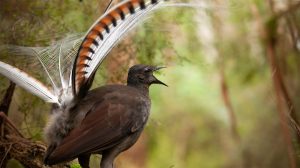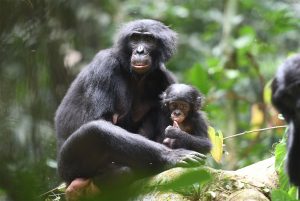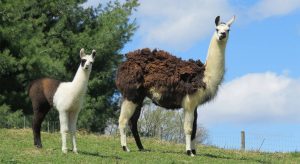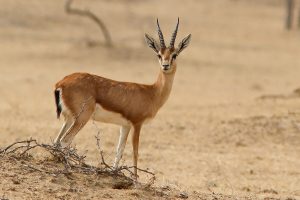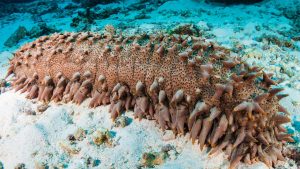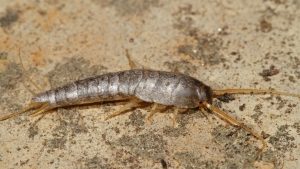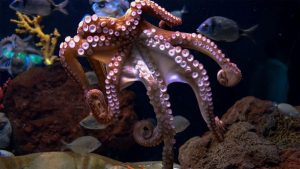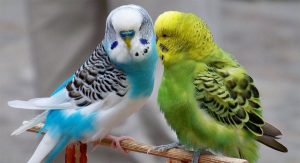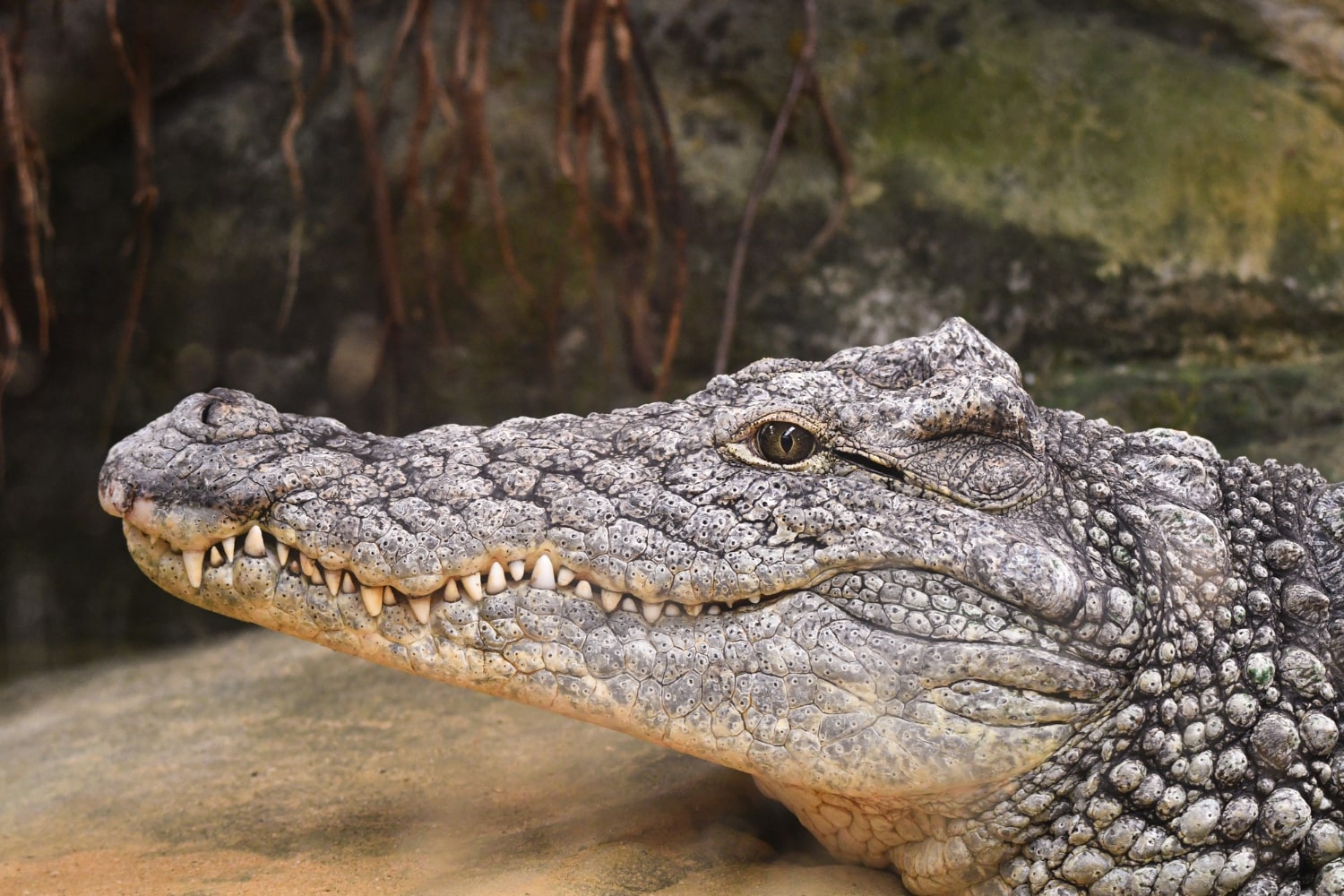
49 interesting facts about crocodiles
- 👁️ 442
Crocodiles are one of the most awe-inspiring and feared reptiles on the planet. These ancient creatures have been around for over 200 million years, surviving the mass extinction that wiped out the dinosaurs. With powerful jaws, keen senses, and remarkable adaptability, crocodiles have earned their reputation as formidable predators. Found in various parts of the world, from the Americas to Africa and Asia, they are a crucial part of their ecosystems. Here are more than 49 interesting facts about crocodiles:
- Crocodiles belong to the family Crocodylidae and are closely related to alligators and caimans.
- There are 14 different species of crocodiles.
- The saltwater crocodile is the largest species and can grow up to 7 metres in length.
- Crocodiles have the strongest bite force recorded in any animal, exceeding 3,700 pounds per square inch.
- They have between 60 and 70 teeth, which are continuously replaced throughout their lifetime.
- Crocodiles are cold-blooded and rely on external temperatures to regulate their body heat.
- They can hold their breath underwater for up to an hour.
- Crocodiles have a third eyelid called a nictitating membrane, which helps protect their eyes underwater.
- Their eyes glow red at night due to a layer of cells called tapetum lucidum, which reflects light.
- Crocodiles are known to eat stones, possibly to aid digestion or control buoyancy.
- The gender of crocodile hatchlings is determined by the temperature of the eggs during incubation.
- Female crocodiles are attentive mothers and guard their nests fiercely.
- Crocodiles can swim at speeds of up to 25 miles per hour.
- They communicate using various sounds, including growls, hisses, and barks.
- Crocodiles have been known to live over 70 years in the wild.
- Their digestive system can dissolve bones, hooves, and even horns.
- Crocodiles are found on every continent except Europe and Antarctica.
- They have a high concentration of sensory organs on their jaws, enabling them to detect even slight disturbances in the water.
- The ancient Egyptians revered the Nile crocodile, associating it with the god Sobek.
- Crocodiles can gallop on land at speeds of up to 11 miles per hour.
- The Gharial, a species of crocodile, has an elongated, narrow snout adapted for catching fish.
- Crocodiles are known for their “death roll,” a spinning manoeuvre used to tear off chunks of prey.
- Some species of crocodiles can climb trees to bask in the sun.
- Crocodiles are opportunistic feeders, eating anything from fish to large mammals.
- They have been known to form alliances with certain bird species, like plovers, that pick debris from their teeth.
- Crocodiles are known to enter a state of brumation, a hibernation-like state, during cold weather.
- They have a four-chambered heart, similar to birds and mammals.
- Crocodiles are capable of “weeping” while eating, leading to the phrase “crocodile tears,” although the tears are not linked to emotion.
- In some cultures, crocodile meat is considered a delicacy.
- The Orinoco crocodile is one of the most endangered species of crocodile, due to hunting and habitat loss.
- Crocodiles can detect vibrations in the water through special organs in their skin.
- They often bask with their mouths open to regulate their body temperature.
- Crocodiles play a vital role in their ecosystem, controlling fish populations and creating habitats for other species.
- They have a surprisingly soft touch and can handle their eggs and young delicately.
- Crocodiles are known to use tools, such as sticks, to lure birds looking for nesting material.
- In some parts of the world, crocodile farming is practised for their meat, skin, and other products.
- They have a very efficient digestive system that allows them to go months without eating.
- Crocodiles have been involved in various symbolic roles in literature and mythology.
- The American crocodile is one of the few species that can tolerate saltwater and is found in coastal areas.
- Crocodile skin is highly prized in the fashion industry for its distinctive texture.
- During mating, male crocodiles may produce deep bellows and slaps on the water to attract females.
- Their eggs are relatively soft-shelled, unlike those of turtles, and are susceptible to predation.
- Crocodiles may exhibit social behaviour, with some species forming loose congregations.
- They have a unique valve in their throats called a palatal valve that enables them to open their mouths underwater without drowning.
- In some places, crocodiles are considered sacred and protected by local customs and beliefs.
- Crocodiles have an acute sense of hearing and can detect prey and danger from great distances.
- Climate change poses a threat to some crocodile species by affecting their nesting sites and sex ratios of hatchlings.
- The Cuban crocodile, known for its exceptional jumping ability, is one of the most critically endangered crocodile species.
- Crocodile blood has unique properties that may be used in the fight against bacteria and viruses, leading to ongoing scientific research.
Crocodiles are extraordinary creatures that combine raw power with unexpected subtlety and intelligence. Their adaptations and behaviours have allowed them to thrive in various environments, from swamps and rivers to coastal areas. The delicate balance of fear and fascination they inspire in humans reflects their complex nature. The ongoing study of these ancient reptiles continues to unveil surprises and deepens our understanding of their vital role in the natural world.

